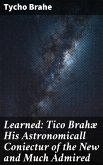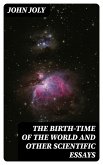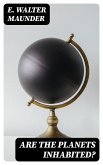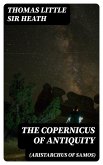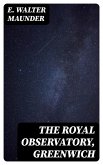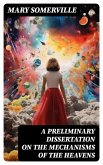In "Learned: Tico Brahæ His Astronomicall Coniectur of the New and Much Admired," Tycho Brahe presents a meticulous examination of celestial phenomena, melding empirical observations with innovative theories at the heart of the Renaissance scientific revolution. Written in a scholarly tone, the work reflects Brahe's commitment to the rigors of observational astronomy, offering insights into planetary movements that challenge contemporary Ptolemaic models. The book's intricate structure and its blend of mathematical precision with philosophical inquiry reveal Brahe's unique approach to the cosmos, paving the way for future astronomers. Tycho Brahe, a Danish nobleman and astronomer, devoted his life to the study of the stars, making groundbreaking advancements in the field with his extensive observations and instruments. His noble lineage and access to influential circles allowed him to gather knowledge and resources uncommon for his time. These experiences fueled his desire to understand the universe's mysteries, ultimately shaping the development of modern astronomy and providing a robust foundation for Kepler's laws. This work is essential for readers intrigued by the origins of modern scientific thought and the evolution of astronomical theory. Brahe's blend of observation and theory invites a deeper appreciation of the cosmos, making it a crucial addition to the libraries of scholars and enthusiasts alike.
Dieser Download kann aus rechtlichen Gründen nur mit Rechnungsadresse in A, B, BG, CY, CZ, D, DK, EW, E, FIN, F, GR, H, IRL, I, LT, L, LR, M, NL, PL, P, R, S, SLO, SK ausgeliefert werden.



